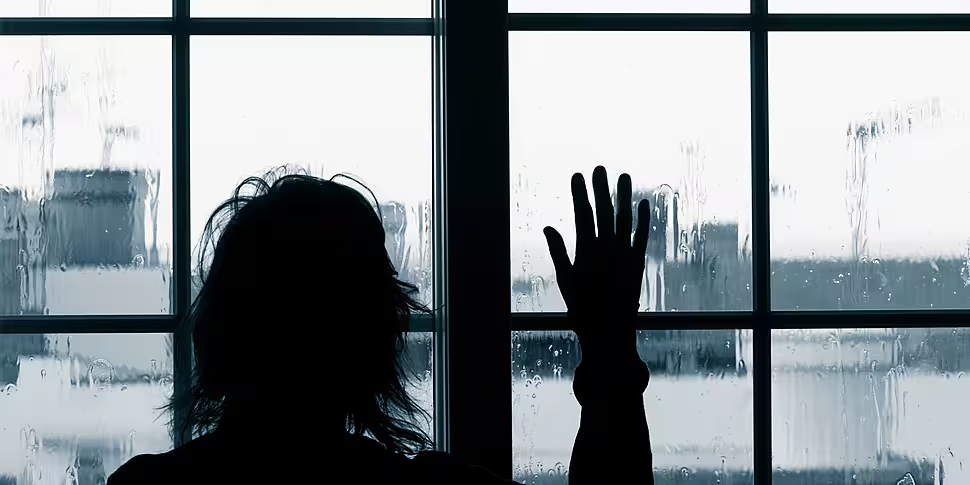Coercive control is 'often more apparent' to other people looking in at someone else's relationship.
It is a persistent pattern of controlling, coercive and threatening behaviour including all or some forms of domestic abuse by a current or former partner.
Coercive control is a criminal offence in Ireland.
Women's Aid CEO Sarah Benson told The Pat Kenny Show people should know the signs.
"It can be quite confusing at the start because often it's masked as what could sometimes be perceived as romantic signs, but there's always an edge," she said.
"There's a term called 'love bombing' - very intense, very positive attention.
"Then it kind of reaches a point where you somehow feel obliged to reciprictare stronger feelings than you want.
"Maybe they'll want to spend all their time with you.
"Maybe they'll turn up on occasions when you're out with your friends and make it seem like a gesture, whereas actually it can segue into more monitoring."
Jealousy
Ms Benson said jealousy can manifest itself in different ways.
"Jealousy is a really big red flag that people don't actually think about that much," she said.
"Jealousy can manifest itself as a sign that somebody feels possessive of somebody, rather than seeing them as an equal.
"Jealousy can manifest itself, or be portrayed as being romantic - 'I just can't stand to see you talking to other people'.
"There's also monitoring of text messages, trying to get into somebody's private space."
Ms Benson said coercive and controlling relationships are about power.
"We would see people who are targeted, who are victims and survivors, often do try and end the relationship," she said.
"The fact is that if somebody has put a lot of time and effort into gaining control over somebody, their efforts won't stop when the relationship ends.
"That can then lead to more acute online monitoring, tracking, even post-separation stalking."
What makes a perpetrator?
Consultant Psychiatrist at Tallaght University Hospital, Professor Brendan Kelly, told the show those behind coercive control often have earlier issues.
"The perpetrators are mostly male," he said.
"If you look into their backgrounds you do find their childhoods tended to have more disruptive behaviour.
"We also find that as children and adolescents there was less monitoring, less limit setting and less by way of parental engagement.
"It is very to spot, at least initially, and particularly if you are the victim.
"It is incredibly important that we do spot it as best as possible, though it may be in other people.
"The consequences can include increased anxiety, increased depression, post-traumatic stress.
"Of course if there are children involved, it is modelling bad relationships for them inot the future."
'More apprent to others'
Prof Kelly said there are other signs to watch out for.
"Usually the signs are jealously, but also isolating a person from their friends, from their family," he said
"A degree of monitoring, control over aspects of daily life - where someone goes, who they see what they wear - and maybe depriving access to other support services.
"Verbally there's putting a person down, intimating that they're worthless or degrading them, or even intimating or outright threats.
"It is often more apparent to other people.
"The advice has to be if you think someone is in a controlling relationship... it can take time for that person, over a number of conversations, to come to realise that.
"That can be frustaring for families and friends who want to help," he added.
Anyone affected by issues raised in this article can contact Women's Aid National Freephone Helpline on 1800-341-900 or email helpline@womensaid.ie









